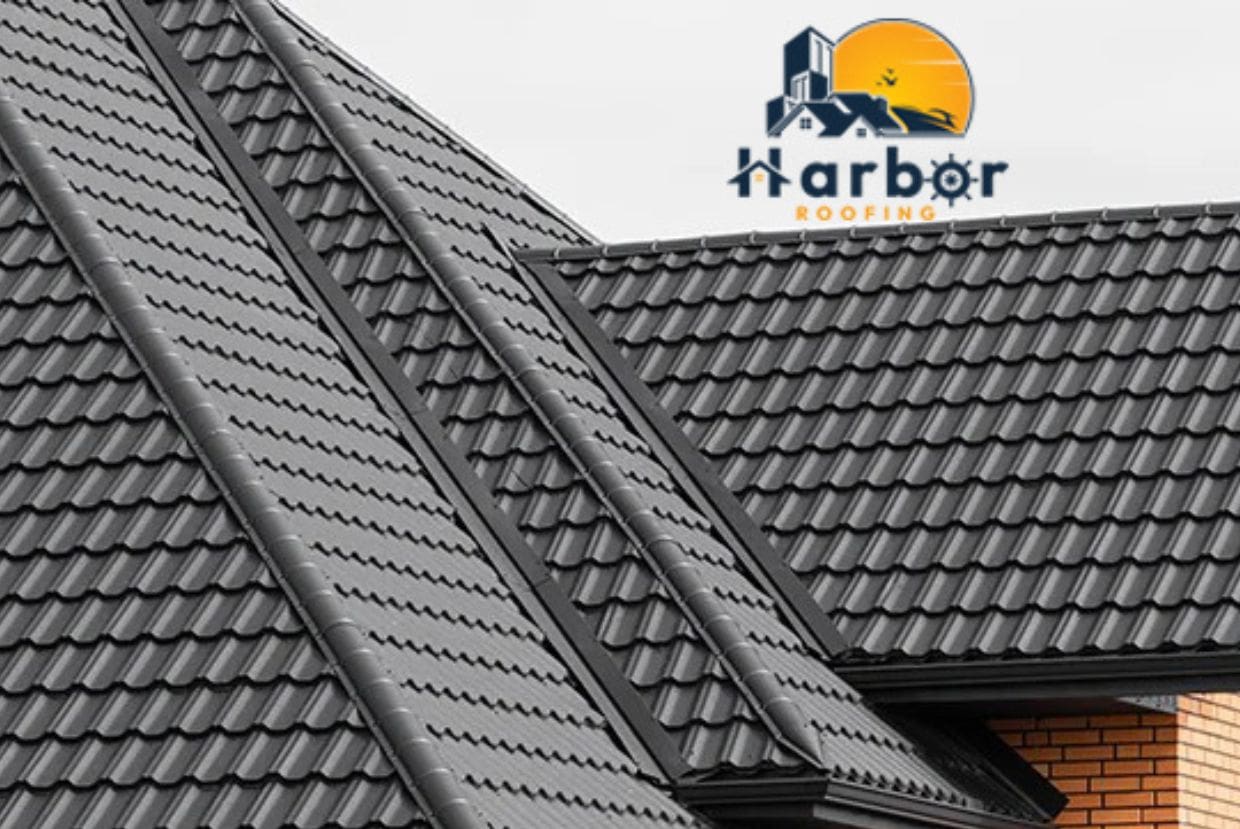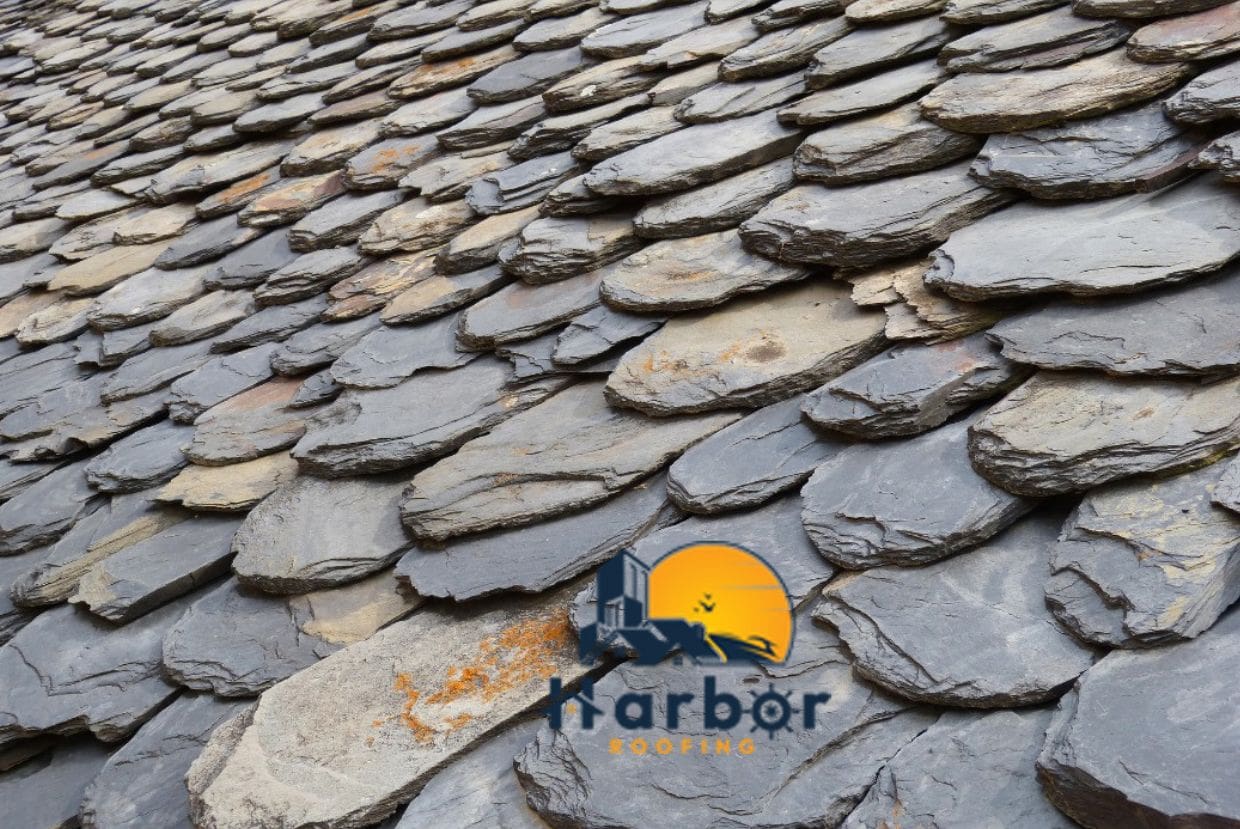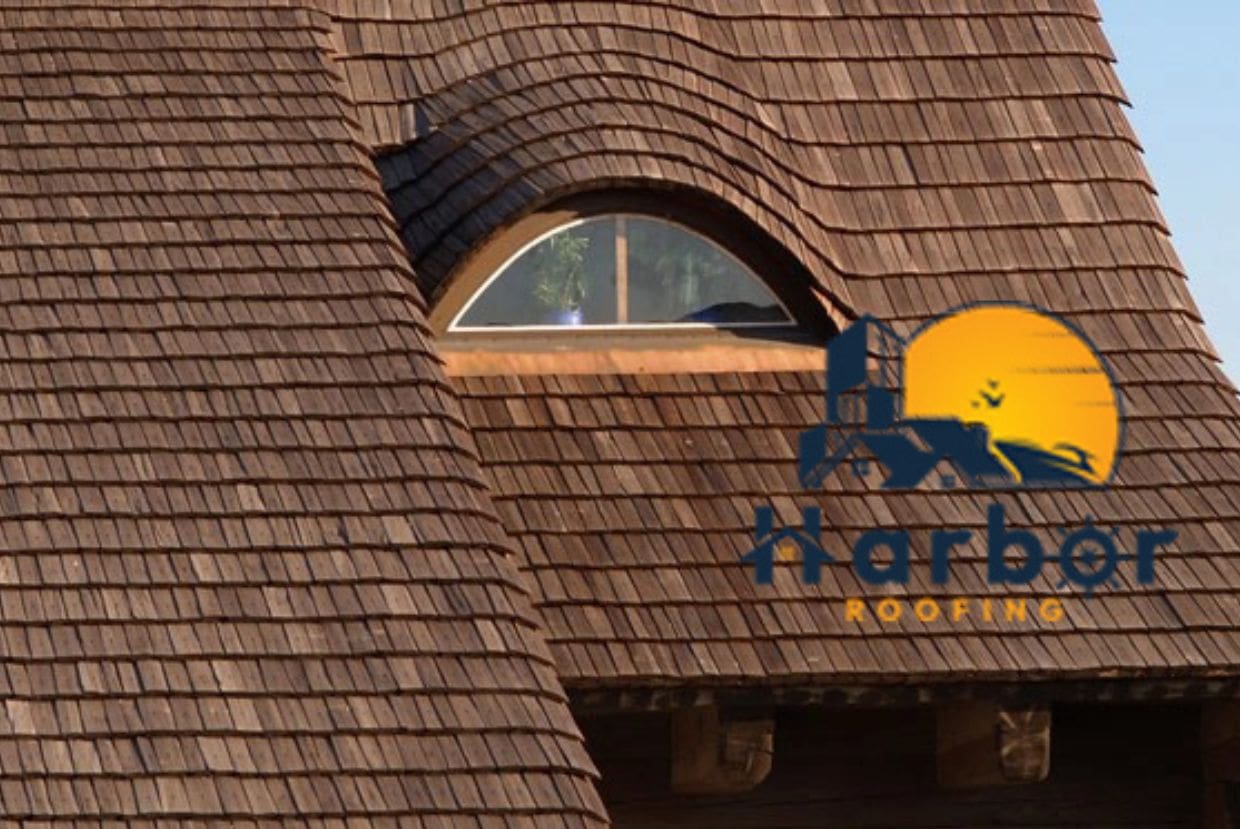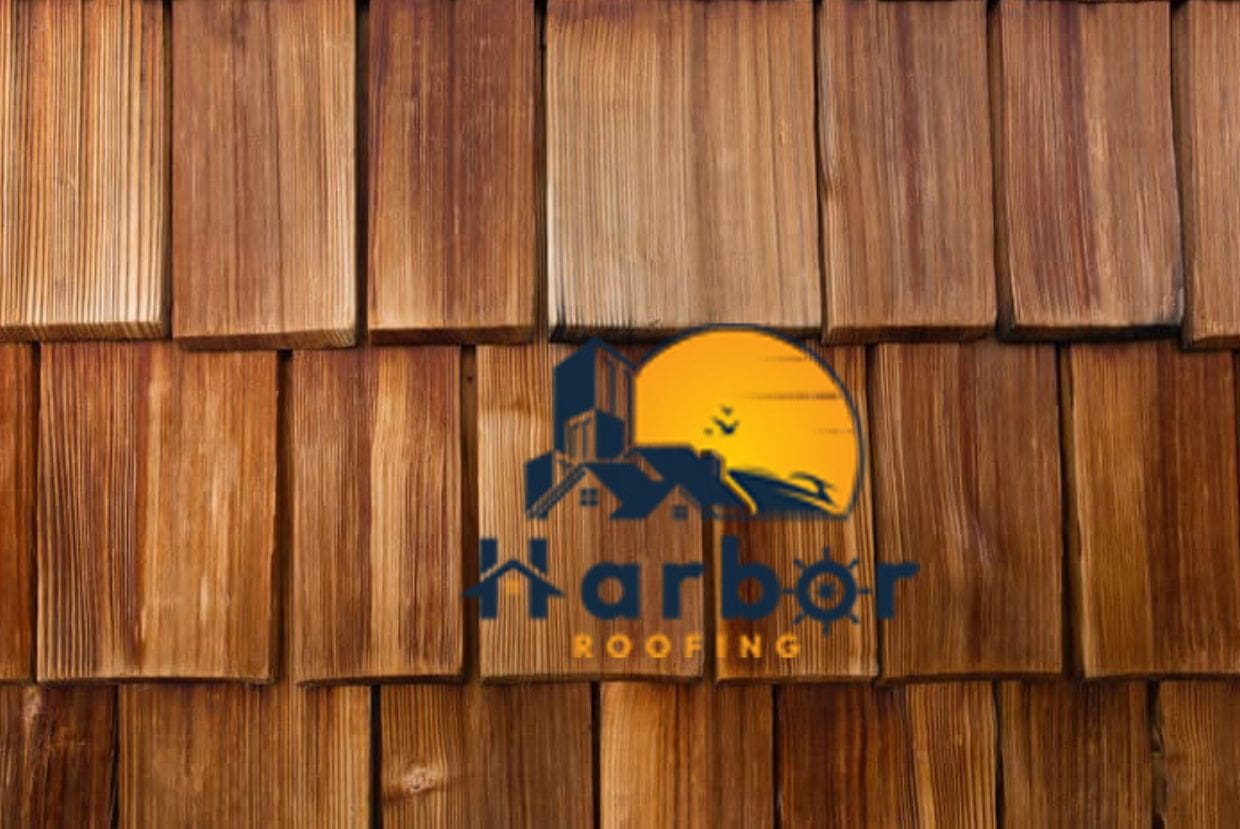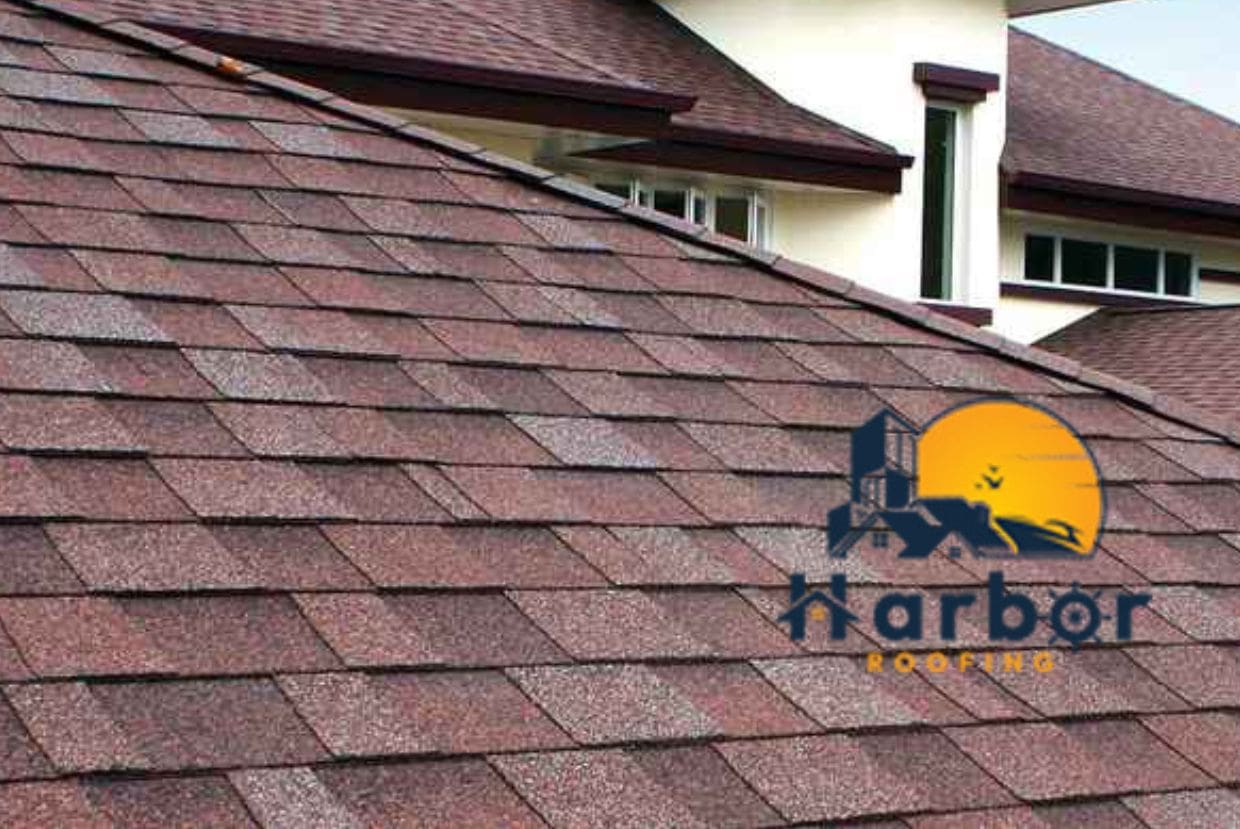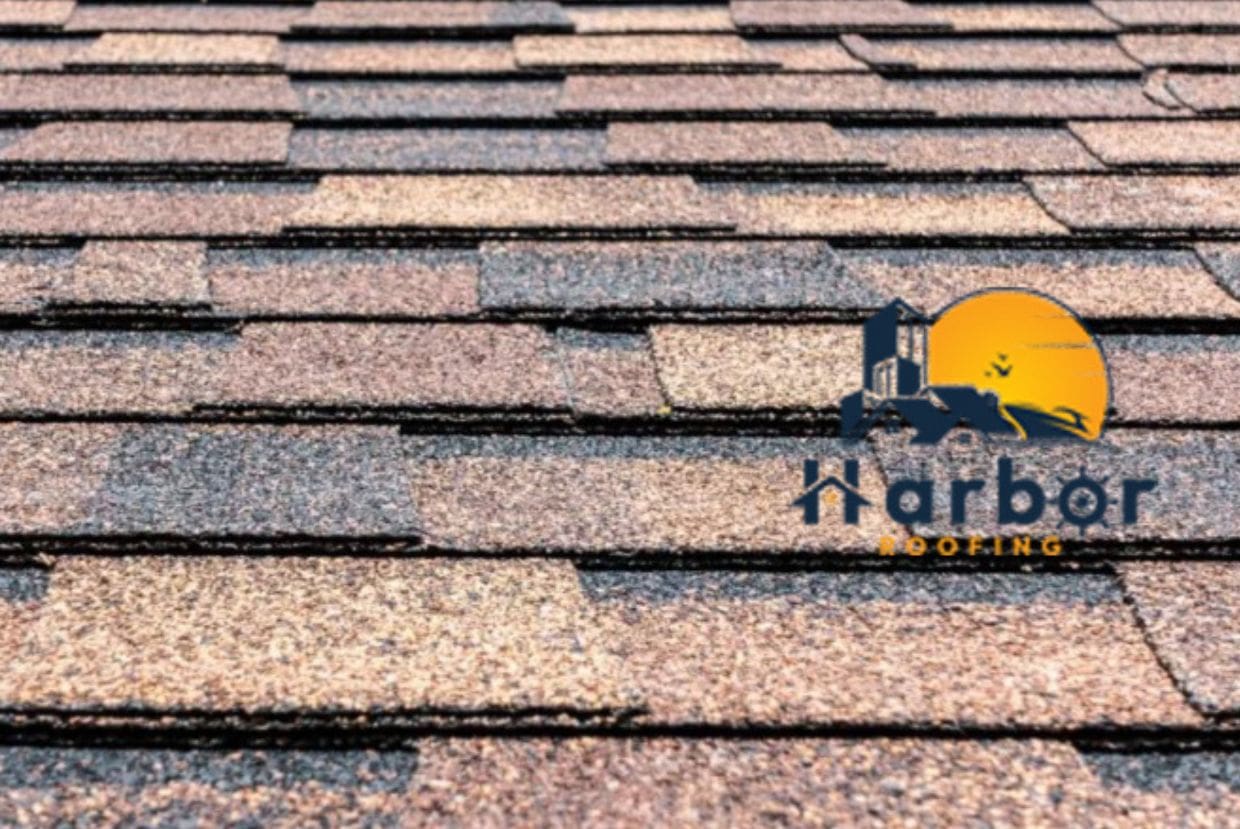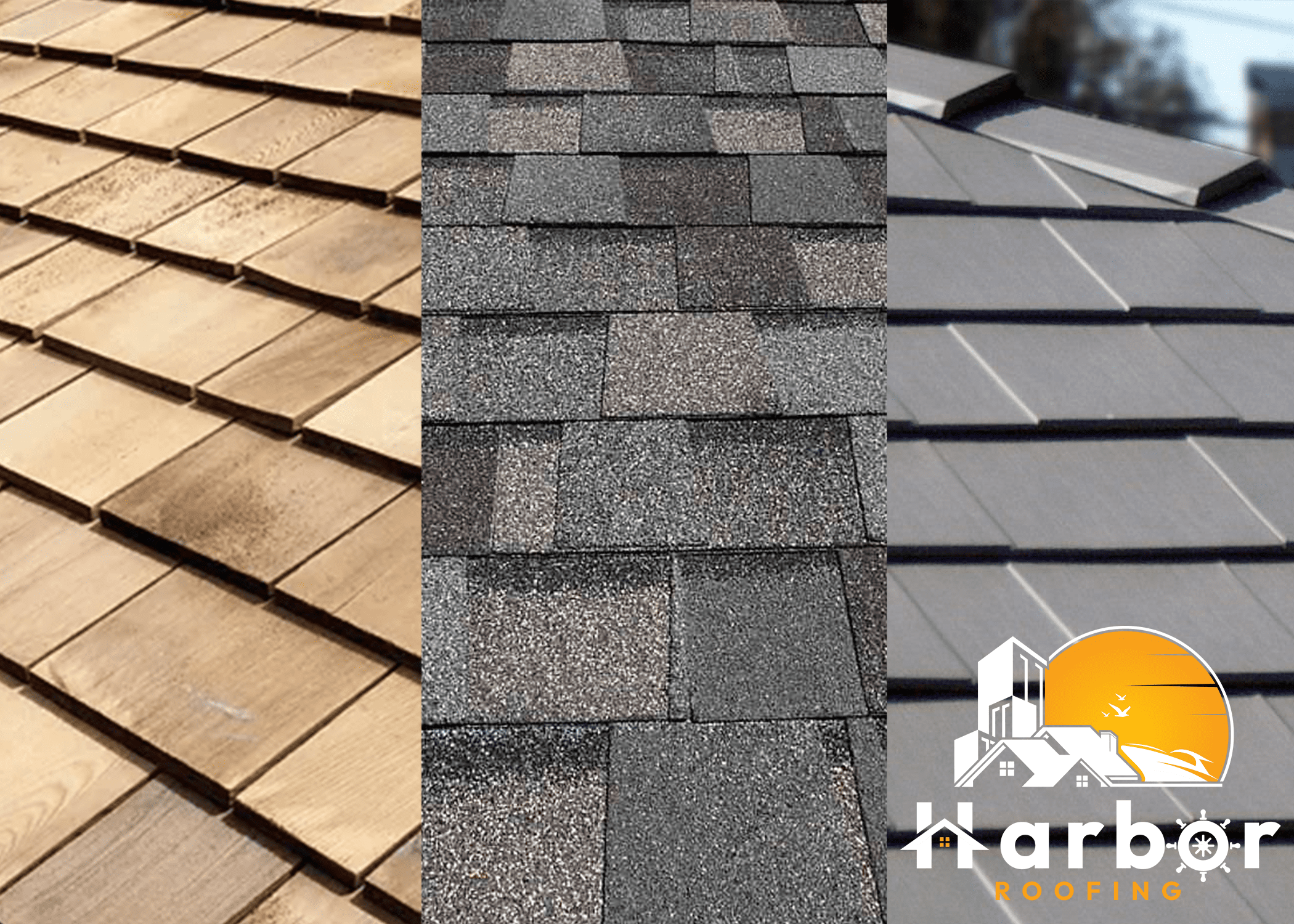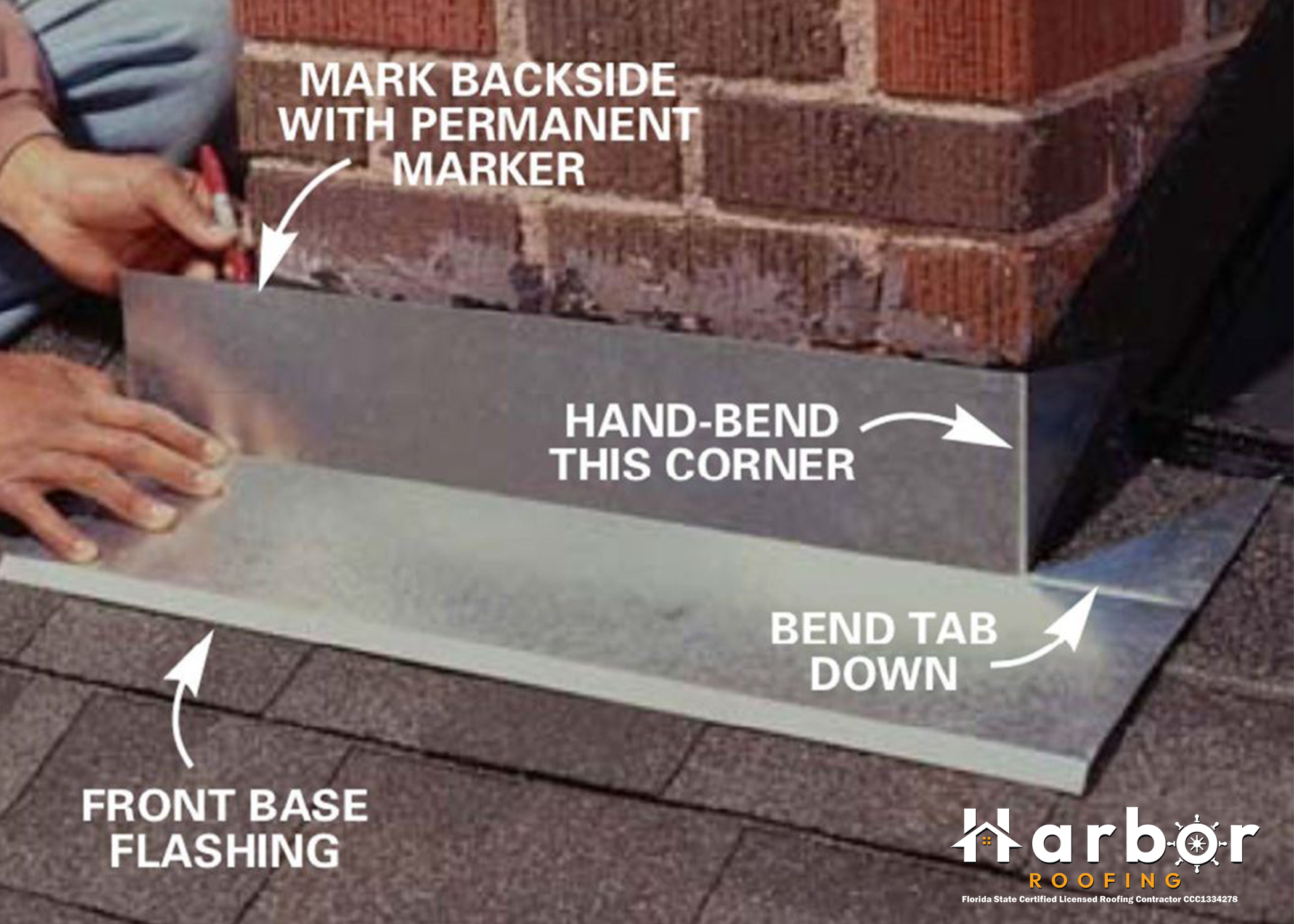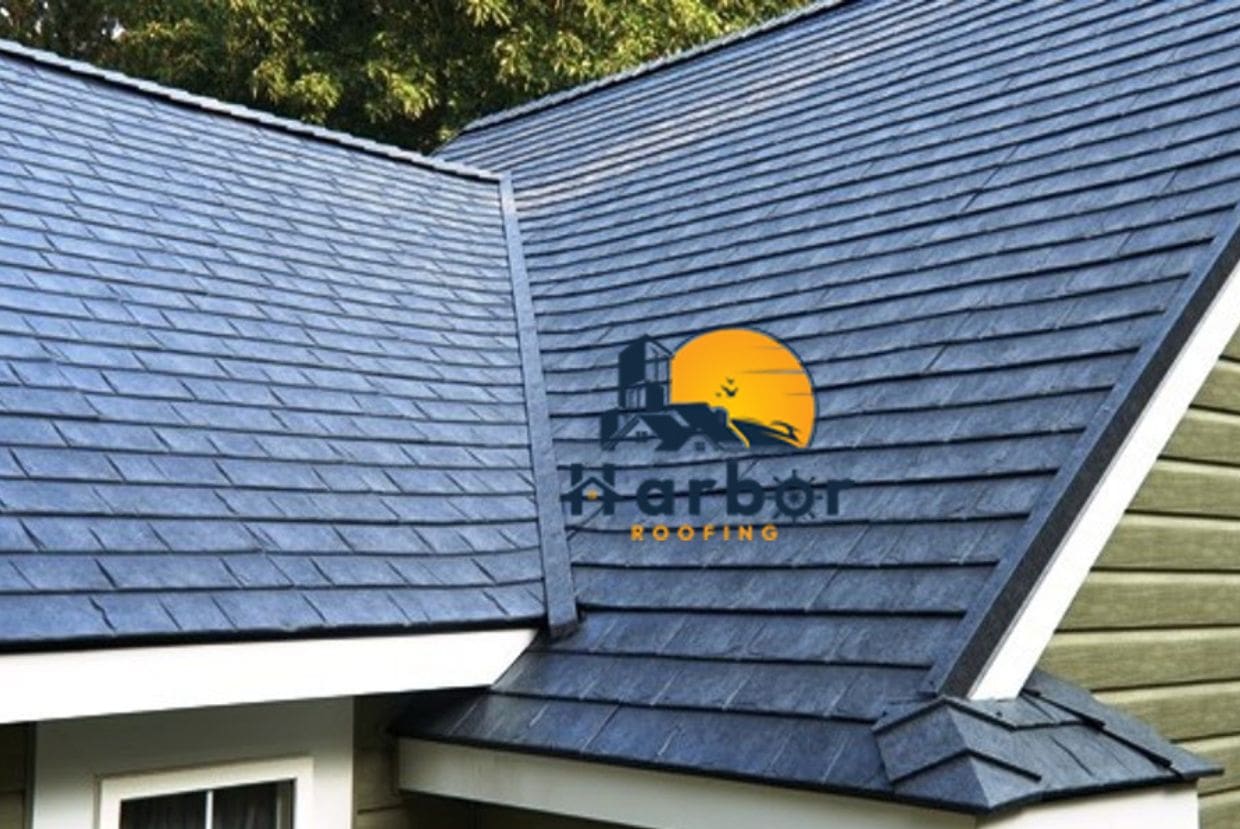Protecting your roof from damage is a wise investment in your home’s protection, right? But imagine not being able to enjoy the benefits because of some errors you could have avoided. So, you have to ensure that your roofing contractor or you haven’t taken actions that void your roof warranty.
No one wants anything to void their investment. But how do you prevent this from happening if you don’t know what voids your roof warranty? To help you, we will discuss the two types of warranties and the actions that can void them.
What Are the Types of Roof Warranties?
There are two types of warranties for your roof after installation. One is from your roofing material manufacturer, and the other is from your roofing contractor for workmanship.
It is vital to be able to tell these two warranties apart. Hence, we’ll briefly explain what they are about before diving into what voids your roofing warranties.
Material Warranty
As the name implies, a material warranty is one that protects the roofing materials and components in a situation where there’s a manufacturer defect. This warranty comes from your roofing material manufacturer.
Nearly all roofing materials have a material warranty. The exceptions are roofing materials like cedar shake, slate, or tile that occur naturally. This warranty also covers independent parts of your roof system.
Workmanship Warranty
A workmanship warranty is one that covers the workmanship of the roofing contractor you employ. This warranty protects your roof from damages incurred from poor workmanship, such as a bad installation.
Although the duration for which a workmanship warranty is valid varies from 2 to 25 years and even a lifetime. The minimum coverage period a reputed contractor will give you is a 10-year warranty on workmanship. Here’s a quick piece of advice for you: don’t hire a roofing contractor who does not offer you a warranty on workmanship.
Now that you’ve gotten acquainted with the two types of warranties available for your roof system, let’s talk about the things that void them. Note that you can void both warranties; however, most of the reasons here void just one of the two warranties.
8 Things That Void a Roof Warranty
1. Wrong Roof Installation
Installation error is the most typical reason a manufacturer’s material warranty is void. You know why? It is because no manufacturer will cover any damage to your roofing material if you do not follow their installation instructions. In addition, if your roof experiences damage from a storm, insurance will not cover it if you do not install your roof correctly.
These reasons are why it is crucial that you hire an expert roofing contractor with a strong history of installing roofs. It’s quite unfortunate that some property owners make the wrong choice when choosing a contractor to install their roofs, and some even attempt to do it themselves.
2. Inadequate Ventilation
Your roof system works with your attic ventilation to allow your roof to air properly and maintain a steady temperature. When your attic is not adequately ventilated, cold and hot air will be trapped there, reducing your roof’s lifespan. Inadequate ventilation can also trap moisture under the roof, creating a perfect mold growth environment.
If your roof gets damaged by inadequate attic ventilation, the material warranty will not cover the costs of fixing the damage. To avoid having ventilation issues and losing the warranty on your roof, it is vital that you employ the services of a competent roofing contractor to install your roof correctly.
3. Pressure Washing
Roof aging comes with algae growth, and not every homeowner is okay with watching algae make a home on their roofs. For this reason, they practice a roofing maintenance routine by cleaning their roofs.
Pressure washing is one method homeowners adopt to clean their roofs. Unfortunately, pressure washing does more than clean the roof surface; it can also damage the roof. It can wash off asphalt granules and get water under the shingles, creating damp spots that cause rotting, mold growth, and leaks in the roof. In short, pressure washing reduces your roof’s lifespan.
When your roof suffers damage from pressure washing, no manufacturer or contractor will cover the cost of repair. So, if you ever want to clean your roof, get a company that offers soft washing and roof cleaning.
4. DIY Roof Work
In a bid to save money, there’s been a rise in DIY roof work recently because the resources to carry them out are available. However, the moment you start to do your repairs on your own, you lose claim to your roof warranties—workmanship and material.
There have been cases of homeowners who have been unsuccessful in fixing their roofs using a DIY approach and then tried to depend on their workmanship warranty to fix leaks. However, because they’ve tampered with the roof, their warranty becomes void. They eventually have to be responsible for fixing the damage.
5. Combining Different Brands
Your roof is made up of multiple layers. Manufacturers design shingles, underlayments, starter shingles, and water barriers that give the best results when combined. Hence, using different brands could void your warranty.
To avoid this situation, be sure to ask your roofing contractor for clarification about the contract. Find out if it mentions that they will be using materials from different brands. Your contractor should be knowledgeable about the manufacturer’s warranty. They should also be able to give you contact information so the manufacturer can address any concerns you may have.
6. Getting a Different Contractor to Do the Roof Work
When your roof contractor gives you a warranty on workmanship, they are only protecting their workmanship and its quality. The warranty does not cover another contractor’s work. So when, as a homeowner, you employ another general or roofing contractor to get a job done on your roof, you void the warranty on the workmanship from the original contractor—the roofing contractor who installed your roof.
Well, the good news is that getting work done on your roof using a different contractor from the one who installed your roof does not necessarily void the whole workmanship warranty on your roof. The exception is when the new person works on the same area on the roof as the original contractor. Therefore, to ensure that your warranty remains valid, you have to employ the services of the original roofing contractor to work on your roof. Better still, go through your warranty’s fine print and paperwork before taking any action on your roof. The conditions are different for different contractors.
7. Installing New Materials Over New Ones
Layering new shingles over old ones might seem like a financially wise decision, but it actually voids a manufacturer’s warranty. The extra weight of the new shingles over the old ones strains your joists and decking. Therefore, pay no heed to any contractor who suggests that you place your new shingles over the old ones.
8. Installing New Hardware on the Roof
Whenever you drill holes into your roof, you increase the chances of voiding your roof warranty and creating an avenue for leaks to occur. So, if you are contemplating installing an antenna, a satellite dish, solar panels, or anything that requires drilling, don’t forget to go through the fine print of your manufacturer’s warranty.
Conclusion
Let’s take a guess: you weren’t aware that the conditions we mentioned above could void your roof warranties before now. That’s fine; you know better now that you have gone through this article. Ultimately, manufacturers and contractors design their warranties to cover your roof investment; you shouldn’t do anything to jeopardize that.
You can lose your claim to your roof warranties by employing unqualified people to handle your roofing business, not reading the fine print, and simply being careless. So, if you really care about protecting your roof investment, make sure you read what needs to be read carefully. In addition, hire the right hands you can bank on.
If you are interested in learning more about roof warranties, we have the perfect material for you.
Frequently Asked Questions
What won’t void a roof warranty?
Although specific actions (as mentioned above) you take can void your roof warranty, some won’t. Some of these actions include regular roof maintenance, transferring the roof warranty to a new owner, and roof repairs by the initial roofing contractor. You should note that most warranties do not cover acts of nature.
How can I avoid voiding my roof warranties?
It’s pretty easy to avoid voiding your roof warranties. All you have to do is visit the contractor’s or manufacturer’s website to find details of their warranties or read the fine print or documents you get. Being aware of certain things helps you know what to avoid and saves your warranties from voiding.
